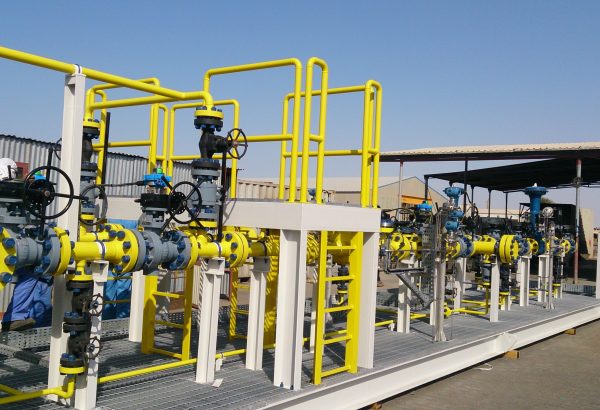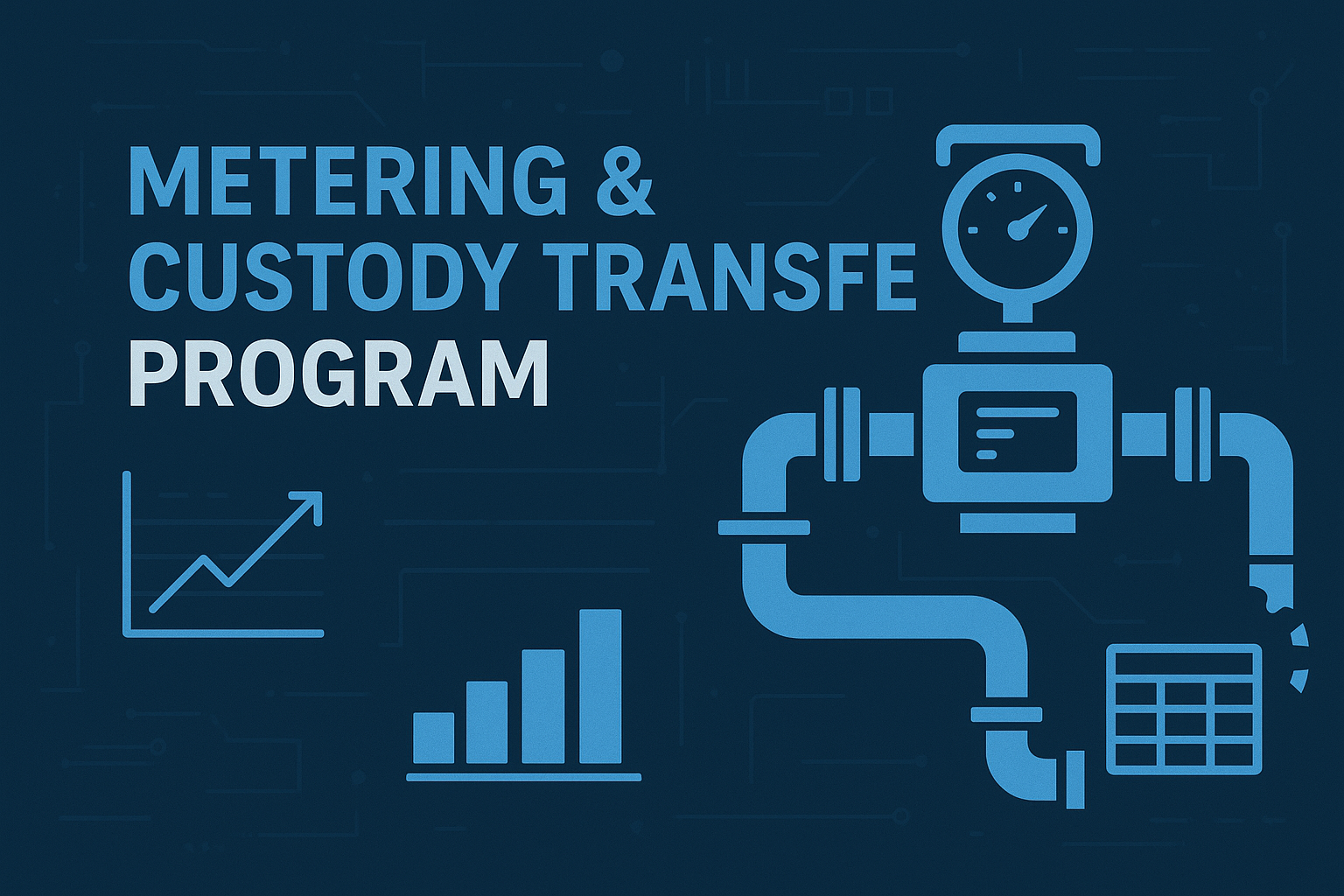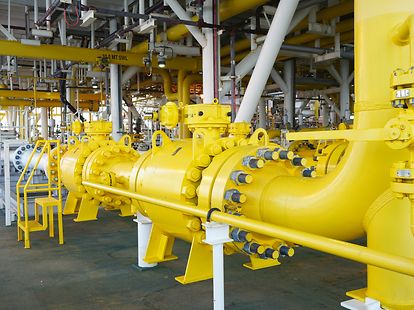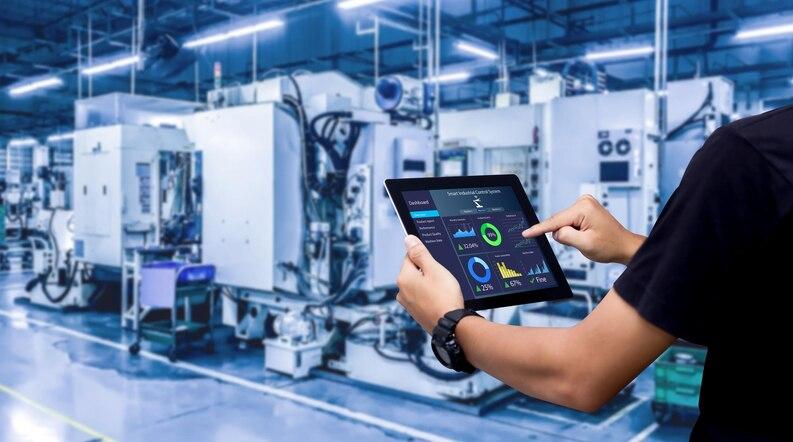

Here are some key course objectives for a Custody Transfer Metering Operations course:
Understand Custody Transfer Principles:
Learn Metering Systems and Technologies:
Familiarize with Industry Standards and Regulations:
Ensure Accuracy and Reliability in Measurement:
Manage Metering Data and Documentation:
Control and Prevent Measurement Discrepancies:
Operational Safety and Best Practices:
Hands-on Training and Case Studies:
Understand Environmental Impact and Compliance:
By the end of the course, participants should have a comprehensive understanding of how custody transfer metering works, the technologies involved, and the key considerations for ensuring accurate and reliable transactions between parties
MGC Coordinators and Supervisors, Instrumentation Engineers & Technicians, Metering Managers and Engineers, Design Engineers, Service Staff and Inspectors of Custody Transfer Stations, Design & Process Engineers, Operation Engineers, Well Testing Group, Production Operation, Maintenance Personnel & Supervisors
Module 1: Introduction to Custody Transfer
Module 2: Measurement Principles
Module 3: Metering Systems
Module 4: Temperature, Pressure, and Density Corrections
Module 5: Quality Control and Product Sampling
Module 6: Safety and Environmental Considerations
Module 7: Data Management and Reporting
Module 8: Custody Transfer Metering Best Practices
Module 9: Industry Standards and Regulations
Module 10: Practical Application and Troubleshooting
Module 11: Conclusion and Final Assessment
CDGA attendance certificate will be issued to all attendees completing minimum of 75% of the total course duration.
| Code | Date | Venue | Fees | Register |
|---|---|---|---|---|
| IE103-02 | 04-05-2026 | Istanbul | USD 5950 | |
| IE103-03 | 13-09-2026 | Doha | USD 5450 | |
| IE103-04 | 22-11-2026 | Riyadh | USD 5450 |

This course aims to provide participants with the knowledge and practical skills needed to operate and maintain custody transfer metering systems, with a focus on accuracy, standards, calibration, and ...

The Flow Measurement and Custody Transfer training course is designed to provide comprehensive knowledge and practical skills for professionals involved in the measurement and transfer of fluid (liqui ...

This course consists of pressure, level, flow, temperature measurement, analogue and discrete signal transmission techniques, process control concepts modes of Proportional, Integral, Derivative (P.I. ...
Providing services with a high quality that are satisfying the requirements
Appling the specifications and legalizations to ensure the quality of service.
Best utilization of resources for continually improving the business activities.
CDGA keen to selects highly technical instructors based on professional field experience
Since CDGA was established, it considered a training partner for world class oil & gas institution
3012, Block 3, 30 Euro Business Park, Little Island, Co. Cork, T45 V220, Ireland
Mon to Fri 09:00 AM to 06:00 PM
Contact Us anytime!
Request Info